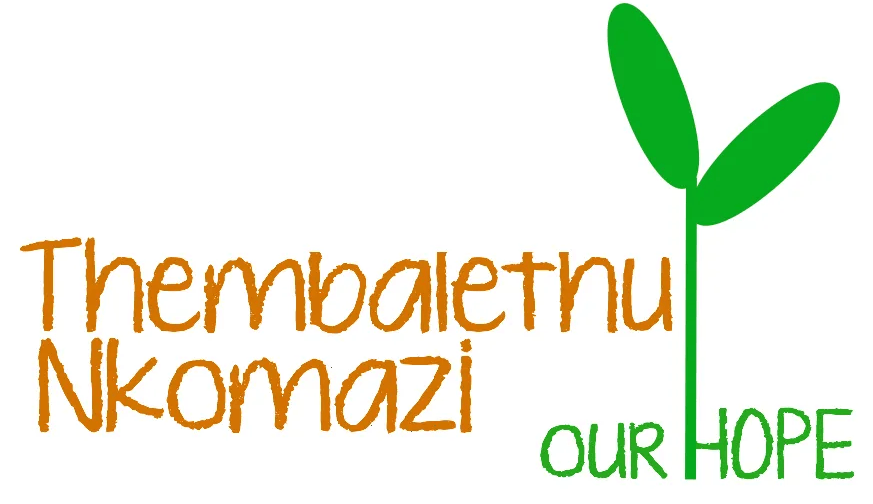Our History
Our History
Over the years, Thembalethu has had a great impact in society. Starting out as an organisation in response to the HIV/AIDS pandemic, Thembalethu has grown over the years and expanded its projects. Please have a look at our history below.
The 1990's
By the middle of the 1990’s, hundreds of adults, both men and women, were dying at home, from a disease called “the disease of the people”. In the rural Nkomazi Region, (known during apartheid years as the Kangwane Homeland) little was known about the effects of HIV and AIDS, and the remoteness of the area separated the people from mainstream assistance. Poverty, unemployment, and undernourishment were already significant problems in the region, but now thousands of children were being orphaned and families were left with little or no support.
The burden of care was too immense for the Government to handle so in 1999, a few women started a project aimed at training other women in basic health care, to help alleviate the suffering of those affected by HIV and AIDS in their homes. Within only a few months, their project was reaching 12 villages in the Nkomazi Region with the use of over 100 care workers. Everyday the care workers walked the dusty roads, from house-to-house, offering basic medical assistance, household support, and counseling. For the many that suffered from HIV and AIDS in the region, these women and their base of operations, became a literal ‘haven of hope’ – thus, ‘Thembalethu’ (which means ‘Our Hope’) was born.
The early 2000's
By 2006, Thembalethu’s scope had grown exponentially and the organization was reaching more people with needed services than any other organization in the region: over 9,000 patients had been provided with palliative care; more than 4,300 orphans and vulnerable children had been identified to receive assistance; 400 direct jobs had been created to alleviate poverty, with an estimated 6,000 indirect beneficiaries; over 8,000 persons were receiving nutritious staples through either food parcels or fruit and vegetable gardens; and from 2002 to 2012 an estimated 50,000 readers a week were receiving their local news and important information from a weekly newspaper called The Voice, which was published by Thembalethu. Sadly, Thembalethu had to provide coffins and assist with burying 900 people in one year during the height of the pandemic.
From the early years, Thembalethu gained international recognition through hosting visitors, volunteers and media sources from around the globe who want to learn first-hand about the HIV and AIDS phenomena in South Africa. Thus Thembalethu has been instrumental, not only as a role model for other South African agencies, but also as a link between the ‘first world’ and developing world in a united fight against the HIV and AIDS pandemic and in implementing projects to alleviate poverty. Please find more information about the history of our organisation below.
Recent years: similar challenges
Thembalethu continues to maintain its roots in house-to-house care, but has also expanded its services to assist with the myriad other challenges caused by HIV/AIDS and poverty in the region. And while Thembalethu has succeeded in bringing HIV/AIDS to the forefront of discussions in the Nkomazi region, there are still very few in the communities that fully acknowledge the impact that HIV/AIDS has had on their families, neighbours and friends. For this reason HIV/AIDS remains, to a large extent, a hidden tragedy of horrendous social proportions.
Recent years: transitions
However, in recent years Thembalethu has also extended her activities to job, education and food-generating projects. With a computer centre, Thembalethu has provided courses for those interested in improving their computer skills. A library has been build and is actively used by children in the area. The plant nursery grows seedlings, which are very popular in the area and provide locals with the opportunity to grow their own food. Moreover, freshly produced vegetables are part of the meals for the Kids Club that is organised after school.
Contact us
Address: Zakhele Training Centre, R570, Schoemansdal, 1331, South Africa
Phone: +27 (0)13 781 0259
Email: s.mckibbin@thembalethunkomazi.org
All rights reserved | Thembalethu Nkomazi © 2021
